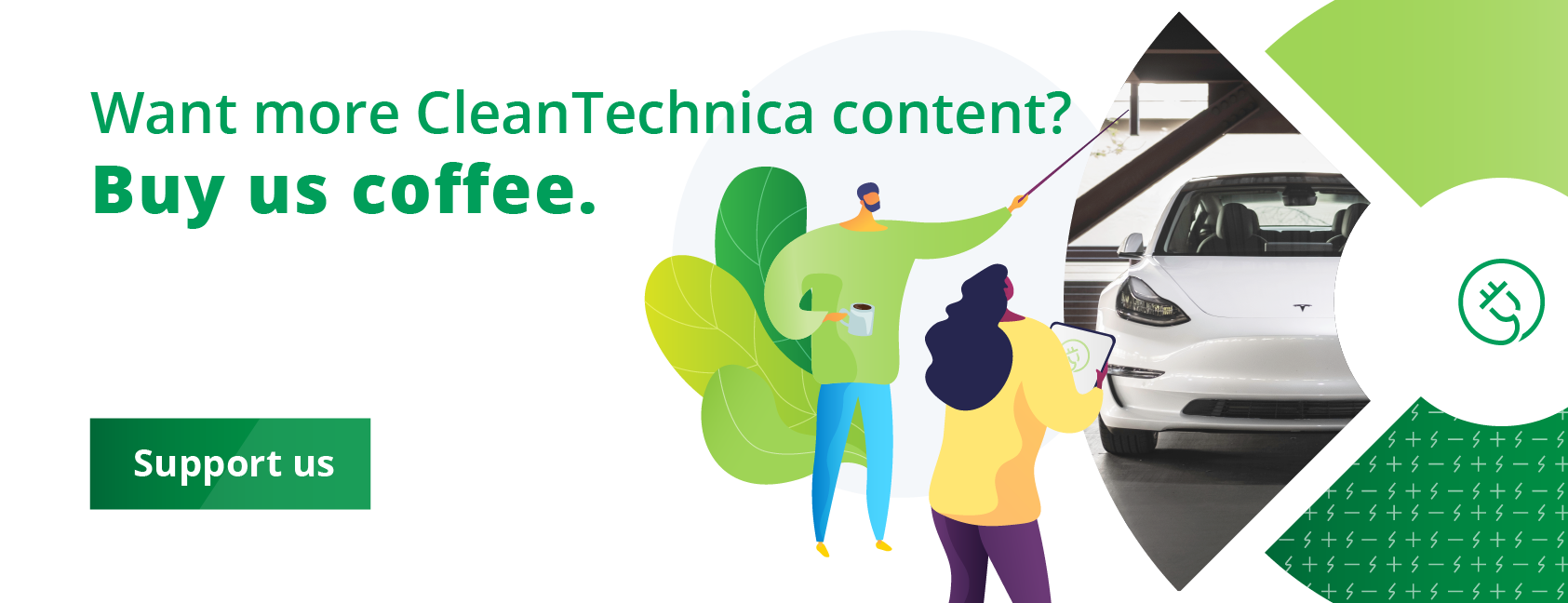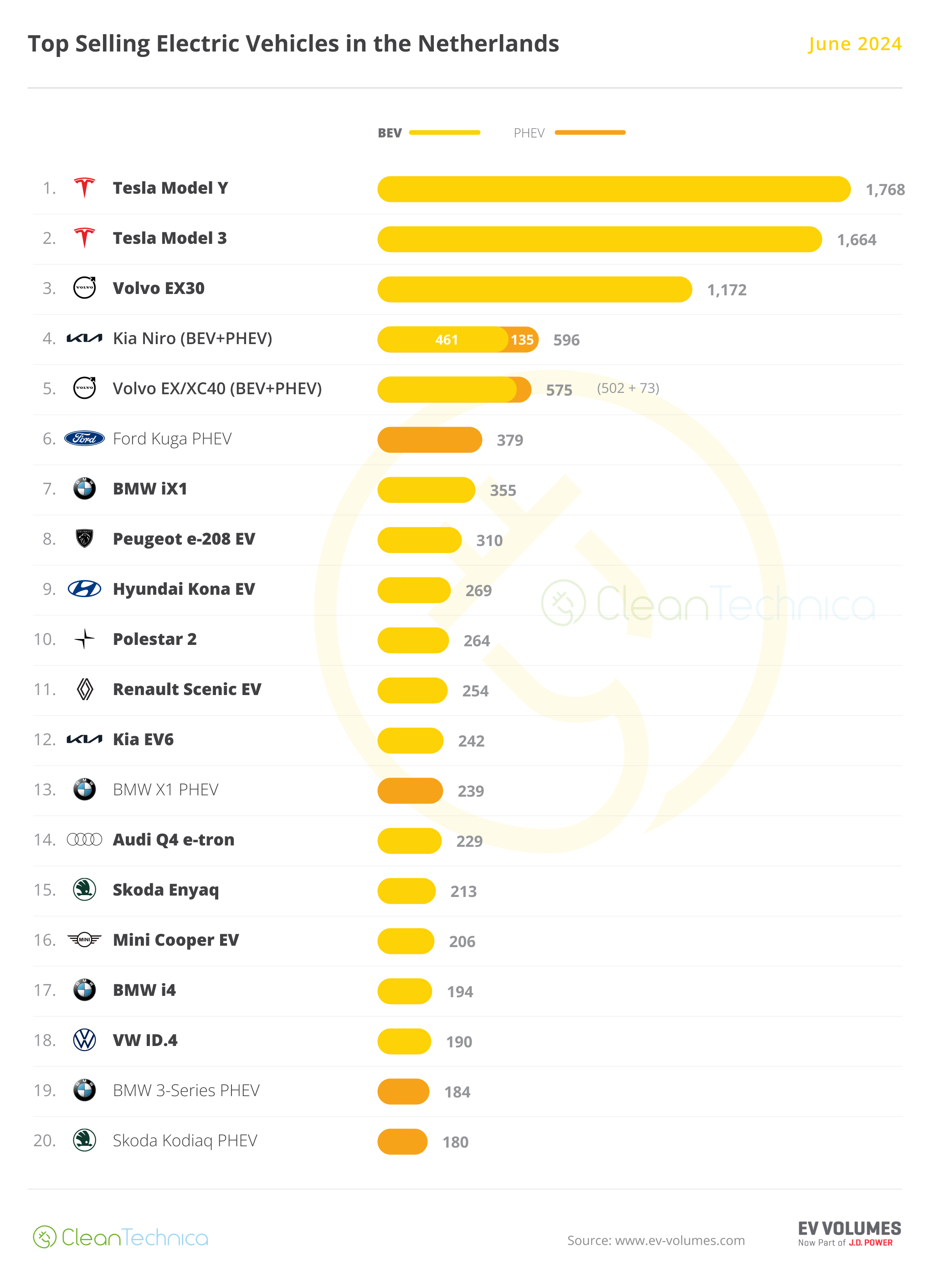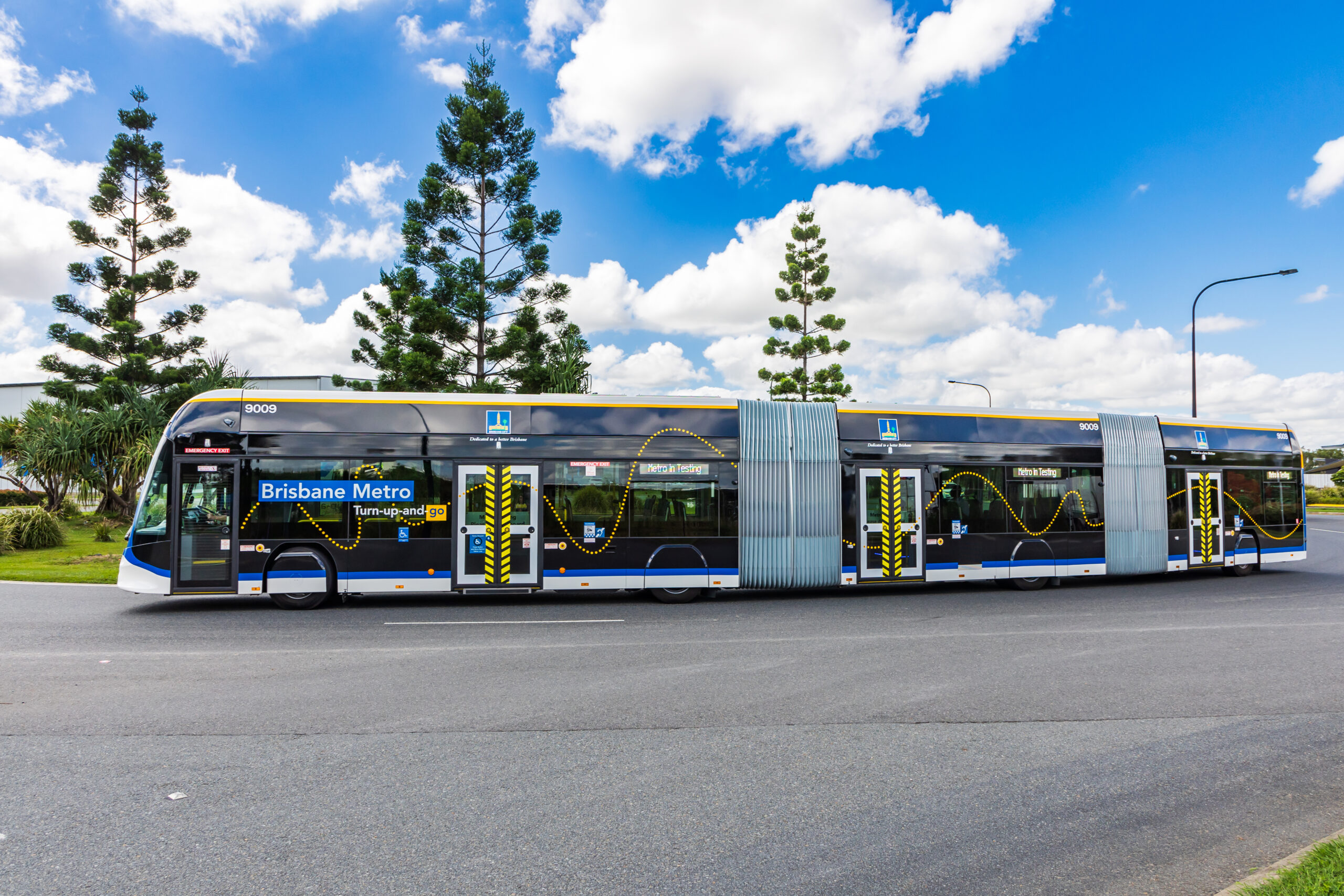
Electric trucks offer significant financial and environmental benefits. From a financial perspective, electric trucks can lead to substantial cost savings. They have lower fuel costs compared to traditional diesel trucks since they run on electricity, which is generally cheaper than diesel fuel. This can result in significant savings in fuel expenses for businesses operating large fleets of trucks.
Additionally, electric trucks have fewer moving parts and require less maintenance, resulting in reduced maintenance and repair expenses. The lower maintenance costs can save businesses a significant amount of money over the lifespan of the trucks.
From an environmental standpoint, electric trucks produce zero tailpipe emissions, which helps to reduce air pollution and improve air quality. Diesel trucks are a major source of air pollution, emitting pollutants such as nitrogen oxides (NOx) and particulate matter (PM). These pollutants contribute to respiratory problems and other health issues.
By switching from diesel trucks to electric trucks, greenhouse gas emissions can be significantly reduced, contributing to the fight against climate change. Electric trucks also eliminate noise pollution, as they operate quietly compared to their diesel counterparts. This can lead to improved quality of life for residents living near trucking routes.
So, it should be no surprise that companies other than Tesla are continuing to make moves to roll them out globally. In today’s electric truck news roundup, we’re going to look at two stories that show the industry continuing to move forward.
Mitsubishi Is Offering Electric Trucks in Chile
The all-electric eCanter truck by Mitsubishi Fuso Truck and Bus Corporation is set to be launched in the Chilean market later this year. The truck was unveiled to domestic customers on August 17th.
The eCanter, developed by MFTBC, is the first series-produced, all-electric truck in the Japanese market. It addresses urban environmental issues like noise, exhaust gas, and CO2 emissions. With its electric motor, the eCanter is locally emission-free and generates less noise and vibration compared to traditional diesel-powered vehicles. This makes it well-suited for inner-city routes and operations during late night and early morning hours. In August 2020, MFTBC introduced an improved model with enhanced safety features, following the launch of the initial model in 2017.
The truck has been selected by customers in Japan, Europe, the United States, Australia, and New Zealand since its launch. In March 2023, MFTBC began accepting orders for the fully remodeled eCanter with a wider range of variants to meet various business requirements. The new model is also planned for release in more international markets.
The remodeled eCanter, unveiled to the public in September 2022 at a world premiere in Japan, is now arriving in one of FUSO’s key markets in South America. This versatile vehicle will be offered in 5 different variants, ranging from 6.5 to 8.55 tonnes in GVW, and will feature various body applications to cater to diverse business requirements. With three battery sizes, it boasts an impressive driving range of up to 200 km on a single charge. Alongside these capabilities, the eCanter for Chile will also be equipped with advanced safety features including Active Brake Assist 5 (ABA5) and Active Sideguard Assist, ensuring peace of mind on the road.
Comercial Kaufmann S.A. and its dealer network have been distributing fully built (CBU) FUSO trucks and buses in Chile since 2011. The light-duty Canter truck holds a significant market share of 18% in the light-duty segment. To embrace the e-mobility era, Kaufmann and MFTBC have introduced the eCanter, aiming to uphold the strengths of the FUSO brand. Chile has emerged as a leader in sustainable transportation in recent years.
Chile aims to transition all newly sold products for road freight transport to 100% zero-emission vehicles (ZEV) by 2045, as outlined in its National Electric Mobility Strategy. The growing availability of public charging points and tax incentives for electric vehicles are expected to drive the future adoption of the eCanter.

Volvo Moves To Offer Turnkey Solutions For All E-Truck Fleet Charging
Volvo Trucks has recently launched a Turnkey Solutions program, which focuses on providing a streamlined fleet management process for procuring vendor services, parts, and products for electric vehicle (EV) charging. This program also includes outlook planning for incentives, installation, and interfacing with utility companies to facilitate the development of electric vehicle infrastructure. The Turnkey Solutions electromobility program is offered in partnership with InCharge Energy and Gilbarco Veeder-Root, and is accessible to all customers of Volvo Trucks North America.
“Identifying sources for charging infrastructure can be an overwhelming task for fleet managers, so now all aspects of EV charging are covered through the Turnkey Solutions program,” Peter Voorhoeve, president, Volvo Trucks North America. “We simplified the process for customers, allowing them to easily turn to our solution-oriented vendor partners who understand key aspects of the EV charging industry. This makes the electromobility transition easier for fleet managers, allowing them to focus on their daily business operations while a dedicated team solves their infrastructure installation and energization.”
The Turnkey Solutions program manages all aspects of the process for developing charging infrastructure. It includes charging hardware, software, permitting, installation, interaction with utility companies, and maintenance of charging equipment. This comprehensive program covers every step from order to operation, providing support with accessing incentives and writing grant proposals. Customers can receive quotes from both InCharge Energy and Gilbarco Veeder-Root, offering a convenient one-stop-shop solution for their charging needs.
Customers who join the Turnkey Solutions program are matched with a Volvo Trucks dealer who offers guidance on three aspects of their EV infrastructure development:
- Designing infrastructure plans, presenting funding opportunities, and identifying implementation partners.
- Providing support as customers manage their own program.
- Combining customer-managed infrastructure development with hardware acquisition through Volvo Trucks’ Vendor Direct Shipping program.
“Fleet operators play a crucial role in building out the nation’s electric vehicle infrastructure as they expand their battery-electric fleets and we believe this program will provide them a simple solution,” said Deepesh Nayanar, head of e-mobility, North America at Gilbarco Veeder-Root. “Gilbarco Veeder-Root strives to make the transition to electrification easier for Volvo Trucks’ customers by providing them with its trusted brand of hardware options, the EVerse fully connected EV charging ecosystem and broad coast to coast service coverage as part of the Turnkey Solutions Program.”
Featured image provided by Volvo Trucks.
I don’t like paywalls. You don’t like paywalls. Who likes paywalls? Here at CleanTechnica, we implemented a limited paywall for a while, but it always felt wrong — and it was always tough to decide what we should put behind there. In theory, your most exclusive and best content goes behind a paywall. But then fewer people read it! We just don’t like paywalls, and so we’ve decided to ditch ours. Unfortunately, the media business is still a tough, cut-throat business with tiny margins. It’s a never-ending Olympic challenge to stay above water or even perhaps — gasp — grow. So …



